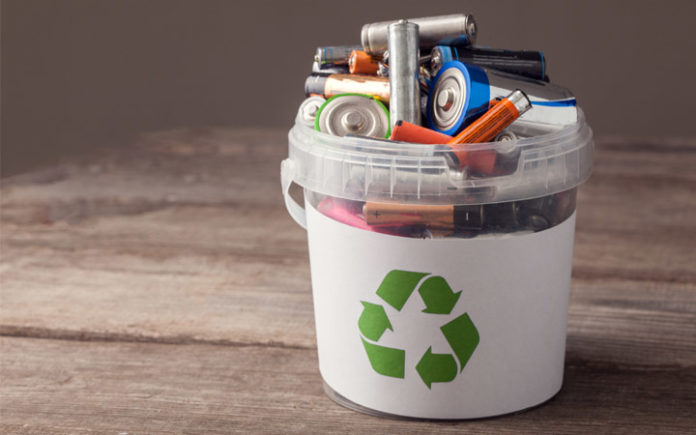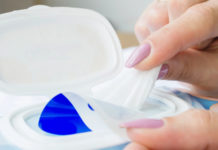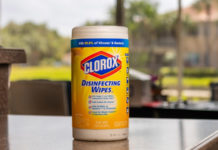Last Updated on September 14, 2020
Humans consume an unsustainable amount of resources. As a result, an enormous volume of waste and trash of all kinds is generated, which ends up polluting the environment. That’s a well-known fact, but the paradigm is far from changing.
Although about a decade ago, there was a lot of propaganda to get people to recycle and adopt the 3Rs policy (reduce, reuse, recycle), the truth is that the consumerist society continues to buy a lot more things than it needs.
In general, people know what to do with the waste they produce. The problem is that some of this waste may contain toxic products that can be extremely hazardous. But don’t worry, we’re here to help you and prevent you from making any critical mistake when it comes time to dispose of such products.
Here are seven things that you can’t simply throw away as if it were some ordinary garbage piece:
1. Prescription and OTC meds
Most people don’t know what to do with the drugs they no longer need or have expired. Unfortunately, this often causes them to be thrown away in the garbage, which can present a great risk to the environment, and the animals used to scavenge the garbage can.
You should take all your expired and unused meds to a pharmacy near your area of residence. They will know exactly what to do with them.
If none of the pharmacies near you accept these drugs to be safely disposed of through a drug take-back program and the drug you want to get rid of is in the FDA’s flush list, you can safely flush them down the toilet.
You can check that list right here. Remember that flushing drugs down the toilet should be a last resort option.
2. Batteries
With the popularity of electronic devices and electric cars, an obscene amount of batteries is produced every year. Similarly, a huge amount is also thrown away.
It doesn’t matter if we are talking about a lithium-ion battery, an automotive battery, or a UPS battery. Most batteries contain chemical waste like mercury, cadmium, nickel, and lithium (to name a few) that can’t end up in a landfill due to the danger of soil contamination.
That’s why they need to be properly recycled! A quick Google search will probably tell you of a location in your town where you can take all your old batteries (of all kinds) to recycle. If you need to get rid of your car’s old battery, talk to your garage mechanic – he’ll know what to do.
3. Car waste
Since we are talking about mechanical experts and cars, it is worth mentioning other related items that you should not put in the trash. Like car tires, transmission fluid, and car oil, for example.
Tires are highly flammable and therefore present a high fire hazard. When on fire, they produce acid smoke that is super toxic for humans and the environment to make things worse. In turn, motor oil and transmission fluid can contaminate both water and soil.
All these things must be delivered to a specialized shop or your car repair shop of choice. In some countries, businesses that sell tires are required by law to take in the same amount of tires that they sell. This is a great way to prevent old tires from ending up where they shouldn’t.












